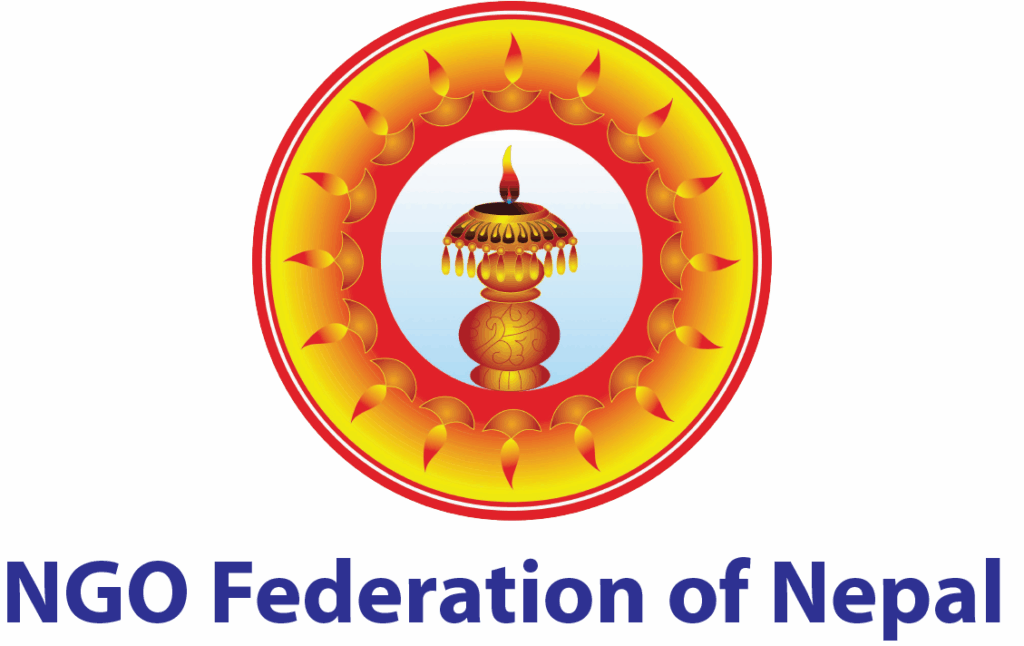Nepal, a federal democratic republic, prepares to graduate from Least Developed Country status in 2026. Civil Society Organizations (CSOs) remain crucial for this process of achieving national development goals, as well as for promoting democracy and supporting marginalized communities. Despite constitutional guarantees, civic freedoms are deteriorating due to legislative delays, poor implementation of protective laws, and restrictive measures. In sum, these limit both freedom of the press and civil society’s overall ability to operate. CSOs operate under outdated and fragmented legal frameworks such as the Associations Registration Act (1977) and the National Guidance Act (1962), while facing excessive bureaucratic oversight.
Recent government efforts to consolidate these existing laws into a single law raise concerns about further limiting CSOs’ autonomy. Additionally, CSOs remain reliant on international aid, adding sustainability challenges to CSOs’ operations. Alternatives like Corporate Social Responsibility remain underutilized or inaccessible to CSOs. Digital advocacy is further challenged by cybersecurity threats, misinformation, and restrictive policies such as the Electronic Transaction Act 2008. Local and provincial governments are inconsistent in their approach to civil society, particularly to rights-based and advocacy organizations with some receptive and willing to work with CSOs while others follow a restrictive approach.
In the coming months, a new CSO bill initiated by the Ministry of Home Affairs, upcoming anti-money laundering policies, and the challenge to find new resource mobilization strategies are critical to the development of the enabling environment in Nepal.
Network member:
